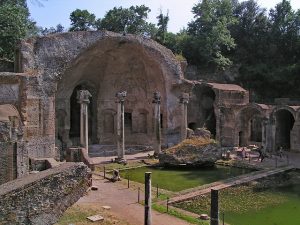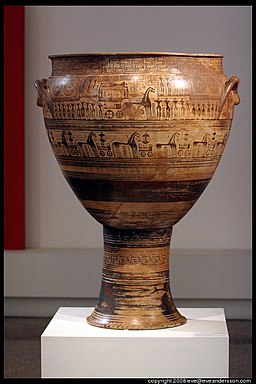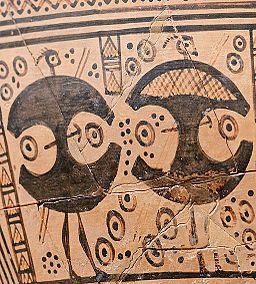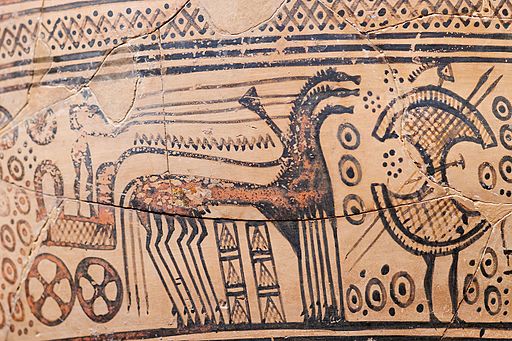I came across a blog which posed the question of which was the more important period of Greek history: Classical or Hellenistic? I think the author came to the only reasonable conclusion one could reach:
The Hellenistic era is fascinating to itself with arts, exploration, literature, theatre, architecture, music, mathematics, philosophy and science being spread deep into the Near East. The Greek civilization reached places that Greeks were never heard of. Every part of the Classical Period that constituted civilization, during the Hellenistic Period continued to evolve. It would be wrong and unrealistic for the historical period that Alexander the Great inaugurated to be regarded as less historically important.
It seems to me the question of historical importance here is a kind of chicken-or-egg scenario. While the Classical period witnessed the establishment of Greek ideals which would form a cultural paradigm for later ages, the Hellenistic period saw the actual transmission of those ideals, particularly after the Macedonians (338 B.C.) and Romans (211 B.C.) conquered Greek territories.
One could argue that had the Greeks of the age of Pericles and Polykleitos not advanced their ideals or arguments, Greek civilization would never have become a shining beacon for later cultures to follow. Yet one could also argue that without Alexander or the Roman Empire to popularize them, Greek culture would have been little more than a footnote in history – perhaps greater than the Phoenicians or Sumerians, but not of the stature to influence Renaissance artists or a chunk of architecture in the nineteenth century.
In the end, the question of greater historical importance here is an engaging one for digesting in friendly, scholarly discussion, but ultimately I’m afraid there is no clear answer one way or the other.
 I’m reading (casually) a book called “Monumentality and the Roman Empire: Architecture in the Antonine Age,” by Edmund Thomas, and he claims Hadrian built or rebuilt a ton of Greek temples and designed cities using Athens as a model (with, of course, the added Roman amenities). Agree or disagree?
I’m reading (casually) a book called “Monumentality and the Roman Empire: Architecture in the Antonine Age,” by Edmund Thomas, and he claims Hadrian built or rebuilt a ton of Greek temples and designed cities using Athens as a model (with, of course, the added Roman amenities). Agree or disagree?





